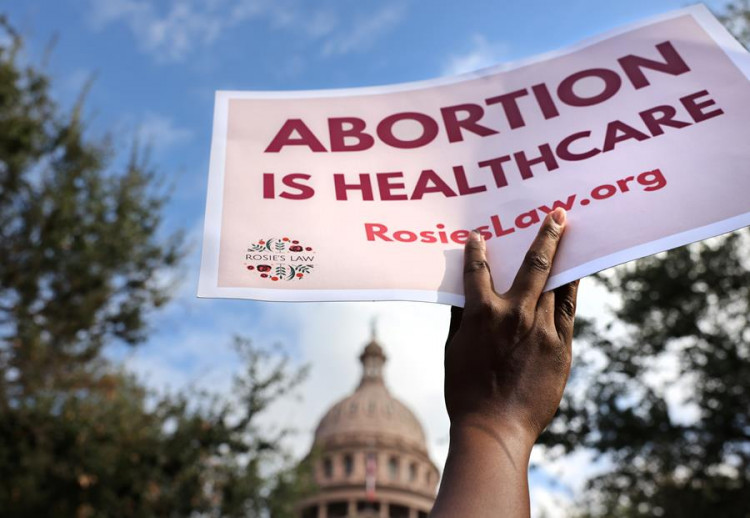A ban on most abortions after six weeks of pregnancy went into effect in Florida on Wednesday, raising concerns among doctors and advocates about the impact on women's access to healthcare in the state and across the South. The new law, which makes it a felony to perform or actively participate in an abortion after six weeks' gestation, has limited exceptions for cases of rape, incest, and human trafficking up to 15 weeks, as well as to save a woman's life or prevent "substantial and irreversible" physical impairment.
Prior to the ban, Florida had been a refuge for abortion access in the South following the Supreme Court's decision to overturn Roe v. Wade in 2022. Despite a 15-week ban enacted last year, the state saw more than 9,300 people travel from neighboring states with stricter restrictions to seek abortion care in Florida, according to data from the Guttmacher Institute. This number represented a significant increase from 2020 and accounted for about 1 in 12 abortions nationwide.
Dr. Leah Roberts, a reproductive endocrinologist and fertility specialist with Boca Fertility in Boca Raton, expressed concern about the vague language used in the new law and its potential impact on women's health. "We're coming in between them and their doctors and preventing them from getting care until it's literally saving their lives, sometimes at the expense of their fertility," Roberts said. She noted that the restrictions could affect not only women seeking therapeutic abortions but also those with nonviable pregnancies who want to have babies.
The ban has also raised concerns about delays in care that could put women's health at risk. Dr. Daniel Sacks, a provider at Presidential Women's Center in West Palm Beach, warned that the law "is going to cause delays in care that are going to cost women significant health hazards or risks."
Abortion providers in Florida worked to see as many patients as possible before the ban took effect, but some patients remained confused about the state's restrictions and timelines. Cassie, a 20-year-old native Floridian who asked that her last name be withheld for privacy, had her first consultation at an abortion clinic just two days before the ban began. She acknowledged that she could have easily missed the six-week deadline once the new law took effect.
As Florida joins the ranks of Southern states with highly restrictive abortion laws, women seeking to end pregnancies will now likely have to travel to North Carolina, where abortions are allowed up to 15 weeks, or Virginia. Organizations like the Florida Access Network are preparing to assist patients with the costs associated with out-of-state abortions, including appointments, food, and travel.
"We're living in a new reality where people are going to be forced to travel long distances to get care, and many people don't have the resources or the ability to do so," said Stephanie Loraine Piñeiro, the executive director of the Florida Access Network.
The political fallout from the ban has been swift, with the Biden campaign placing blame for the "extreme" six-week ban on former President Donald Trump. Vice President Kamala Harris criticized the ban during an event in Jacksonville, stating, "Because of Donald Trump, more than 20 states have abortion bans. And today, this very day, at the stroke of midnight, another Trump abortion ban went into effect here in Florida."
Voters in Florida may have the opportunity to enshrine abortion rights in the state's constitution during the November ballot, as a proposed amendment would prohibit laws that "prohibit, penalize, delay, or restrict abortion before viability or when necessary to protect the patient's health." The outcome of this vote could have significant implications for the future of abortion access in the state and the political landscape in the 2024 elections.






